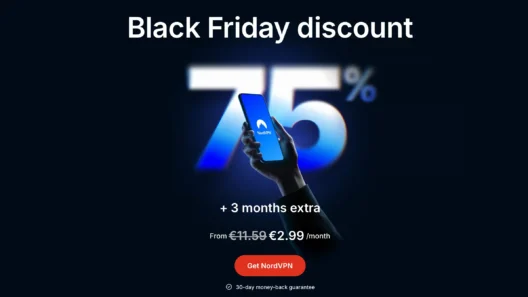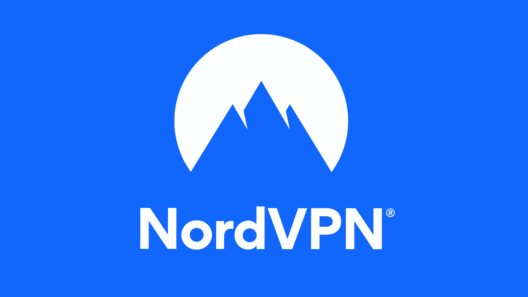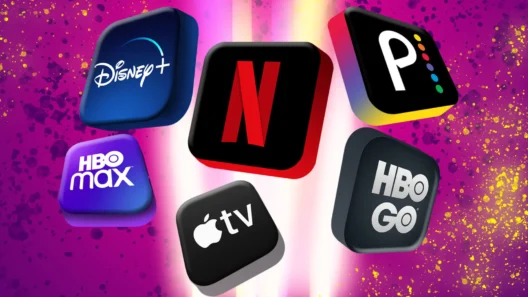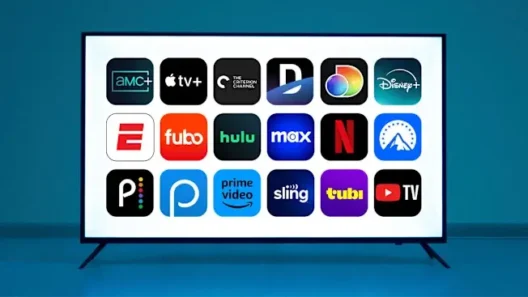It’s been about a year since I last reviewed Proton VPN. Back then, I saw potential – now, I see precision. In just twelve months, Proton didn’t just scale their infrastructure. They redefined what a truly global, privacy-first VPN network should look like. And as someone who tests VPNs both personally and professionally, I’ll say this right up front: the difference is not subtle.
Proton VPN – 13,626 servers in 122 countries, but it’s more than just numbers
In 2025, Proton VPN operates:
- 13,626 physical servers
- Across 122 countries
- With a total bandwidth capacity of 15,942 Gbps
- 10,974 “Plus” servers (dedicated for speed and streaming)
- 113 Secure Core servers (located in privacy-respecting jurisdictions)
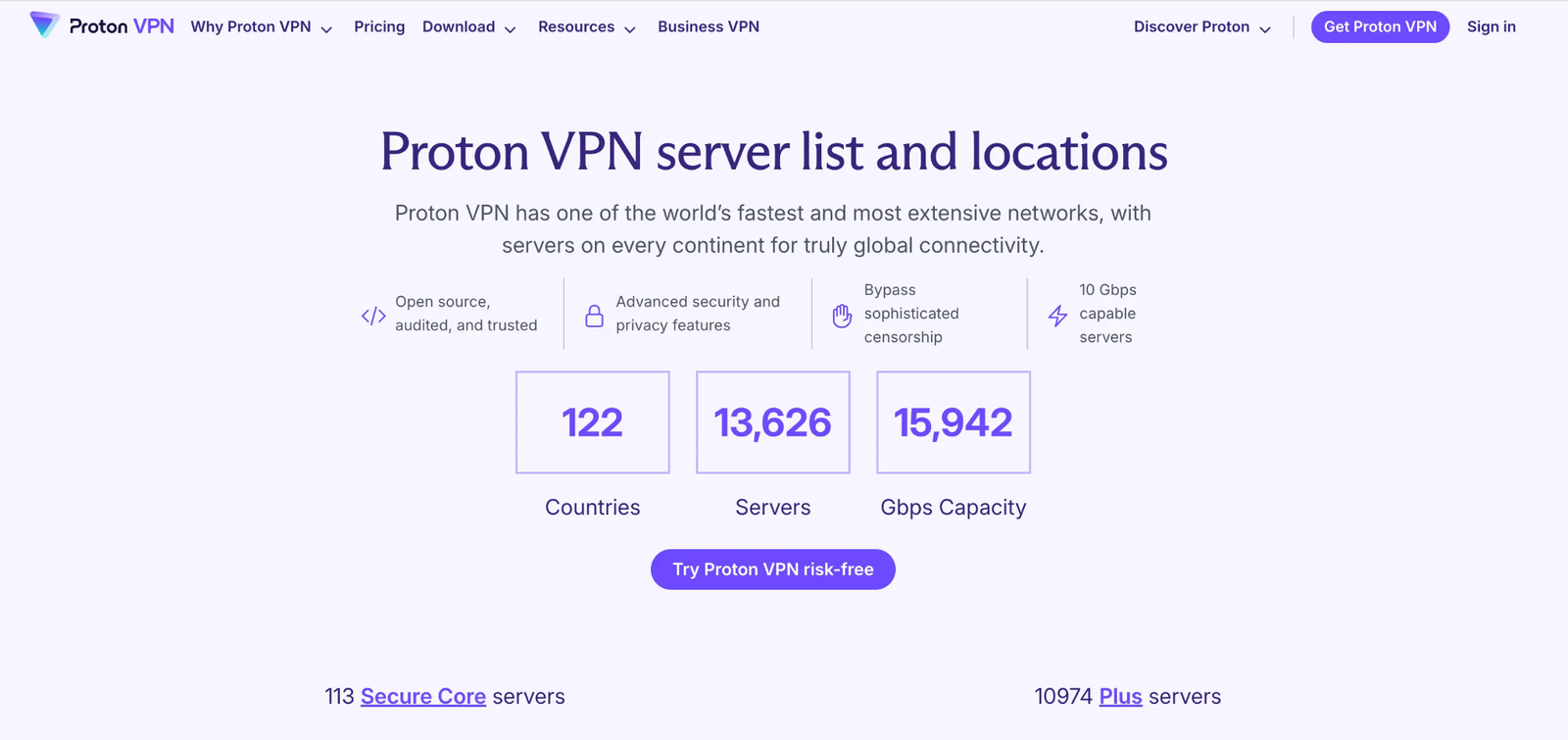
This is not a superficial network built on rented virtual servers. These are real, physical machines – often deployed in countries where other VPNs only simulate presence through cloud rerouting (hello, AWS backbones…).
What makes Proton stand out is its clear philosophy: expand with intention, not just for marketing. You’ll find servers in the U.S., UK, Japan, and Germany – of course. But also in places like Bhutan, Togo, Laos, and Eritrea. That tells you something.
Proton VPN isn’t the largest – but it might be the smartest
When I compare VPNs, I look beyond server count. What matters is where the servers are and what they deliver to real users.
- Their Secure Core network routes your traffic through hardened servers in Switzerland, Sweden, or Iceland – before reaching its destination.
- NetShield, Proton’s built-in DNS blocker, now uses faster, smarter caching – and it works. Less tracking, faster loading.
- Most Plus servers now support up to 10 Gbps throughput.
In real-world testing using WireGuard, I regularly hit 700–850 Mbps through servers in Frankfurt, Toronto, and Sydney – even during peak hours. No throttling, no fuss.

Strategic server placement: built for performance
Proton hasn’t just added more servers – they’ve added them where they count. Let’s look at some key regions from my testing:
| Region | Server Count | Cities Covered |
|---|---|---|
| 🇩🇪 Germany | 510 | Frankfurt, Berlin |
| 🇬🇧 United Kingdom | 553 | London, Manchester +3 |
| 🇨🇦 Canada | 888 | Toronto, Vancouver, Montreal |
| 🇯🇵 Japan | 79 | Tokyo, Osaka |
| 🇦🇺 Australia | 268 | Sydney, Melbourne, Perth, Brisbane, Adelaide |
All of these locations delivered consistently strong speeds, low latency, and stable connections, even while testing with multiple devices simultaneously.
Proton VPN Plus Servers: Not Just a Label — A Real Advantage
A lot of VPN providers toss around words like “ultrafast” or “premium” – but in practice, you often hit buffering during 4K streams or get dropped during video calls. Proton VPN’s Plus servers actually live up to the hype.
What Plus Servers Actually Deliver:
- Prioritized bandwidth (fewer users per server)
- 10 Gbps connectivity in most locations
- Optimized for streaming, P2P, VoIP
- Support for Tor over VPN and NetShield
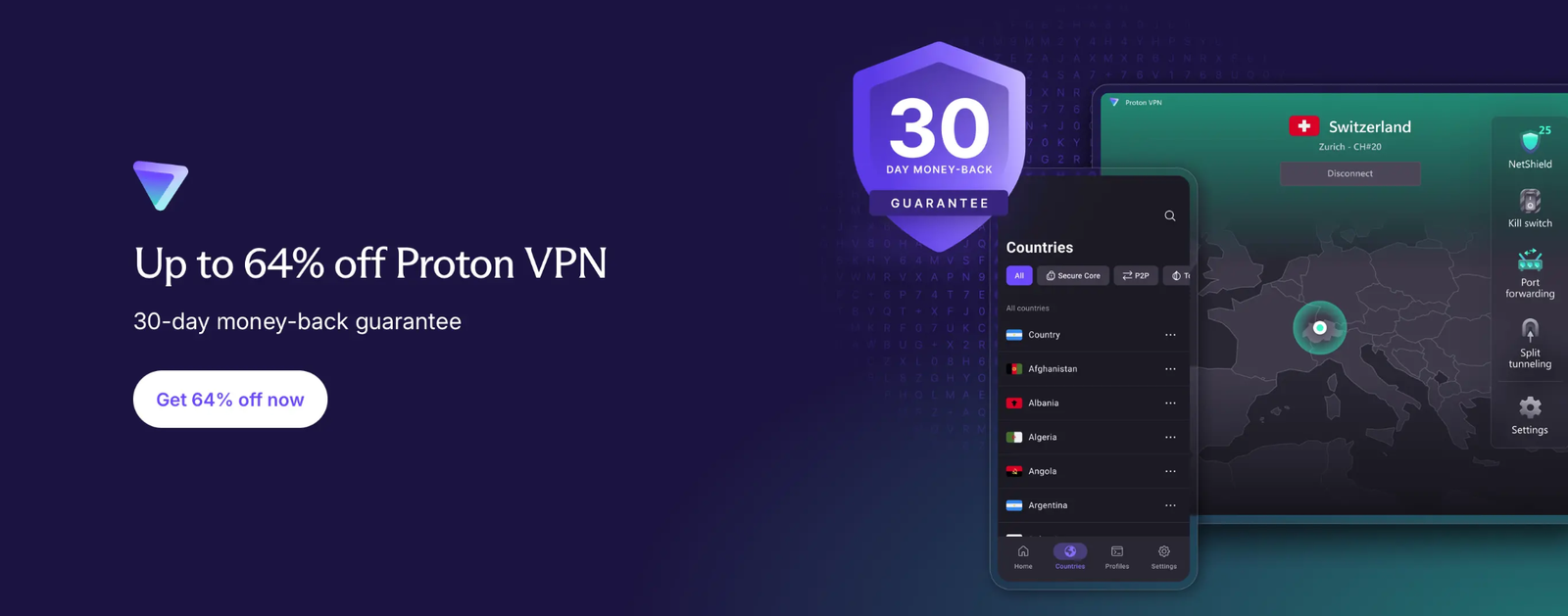
When I tested Netflix through a Plus server in Frankfurt (DE#580), it streamed instantly in 4K – no buffering, no pixelation, even during peak evening hours. I had three other devices connected on the same home Wi-Fi, and the connection still held steady.
🇺🇸 🇫🇷 🇮🇹 🇪🇸 Infrastructure Where It Matters Most
These four countries are critical for content access, reliable infrastructure, and diverse use cases – from geo-restricted TV to business use.
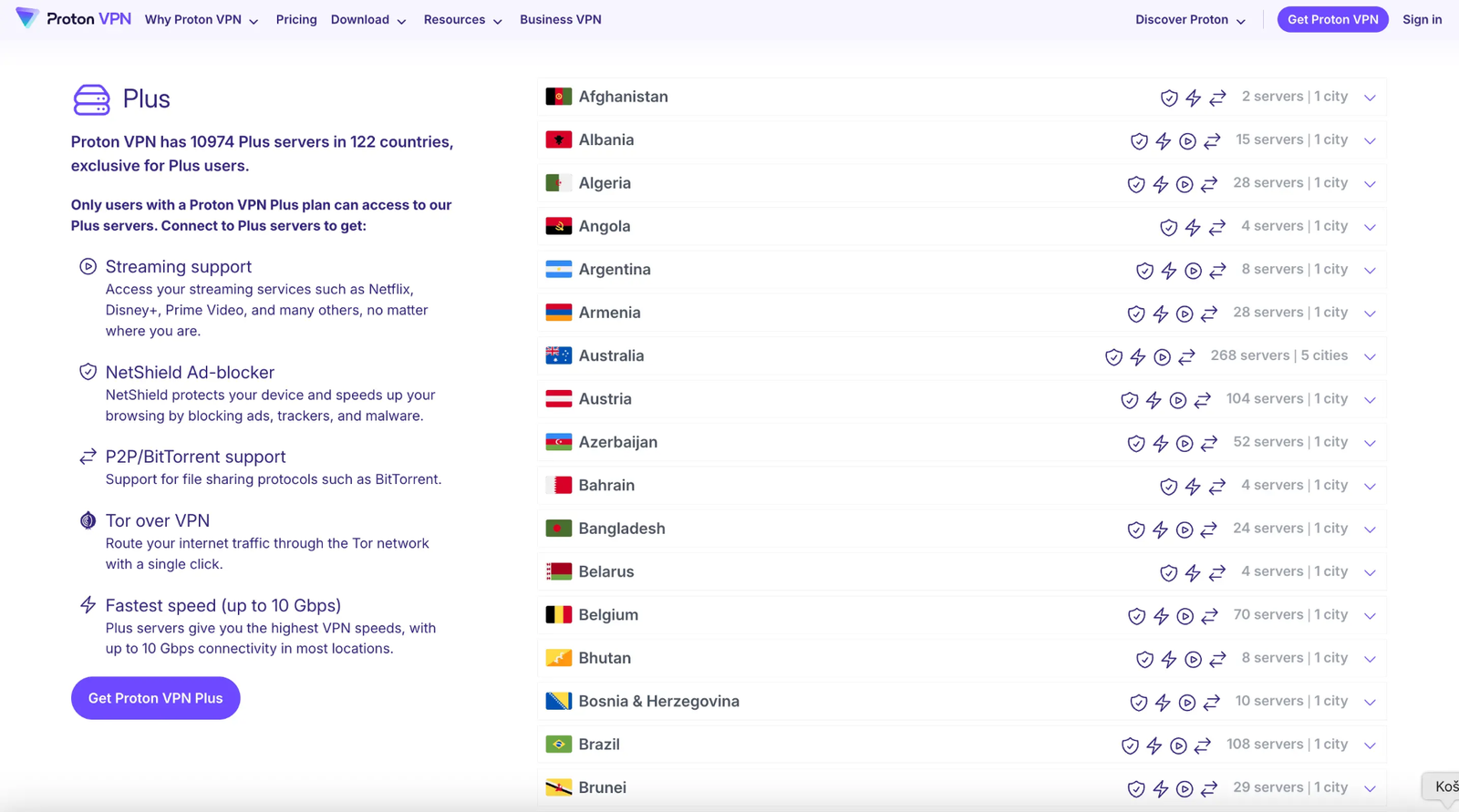
🇺🇸 United States – 1,200+ servers
- Locations include New York, Los Angeles, Dallas, Miami
- Unblocked Netflix US, Hulu, HBO Max, Prime Video
- WireGuard speeds: 650–800 Mbps, even at high load
🇫🇷 France – 294 servers in Paris & Marseille
- Perfect for streaming Molotov TV, Canal+, and local Netflix
- Tested FR#270: 38 ms ping, 600 Mbps download
🇮🇹 Italy – 74 servers in Milan & Palermo
- Smooth access to DAZN IT, RaiPlay, and Netflix IT
- Surprisingly consistent speeds across both cities
🇪🇸 Spain – 114 servers in Madrid & Barcelona
- Easy access to platforms like Atresplayer and Mitele
- Barcelona server ES#130 delivered 550 Mbps on WireGuard
Secure Core: Privacy with Backbone
Proton’s Secure Core is a unique double-hop feature that routes your connection through ultra-secure servers in privacy-strong countries like Switzerland, Iceland, or Sweden before reaching your final destination.
Why it matters:
- If you’re connecting to a server in a surveillance-heavy country (e.g., UAE, Turkey, Russia), Secure Core makes it virtually impossible to trace your original IP.
- DNS requests stay encrypted from end to end.
- Ideal for activists, journalists, or anyone who simply doesn’t want to be profiled.
I tested Secure Core through Switzerland into the Middle East and monitored DNS/IP behavior. No leaks, no DNS exposure. Yes, the ping was a bit higher (110 ms instead of 55 ms), but honestly? For casual browsing or email, it was unnoticeable.
My Top Locations for Speed and Stability
Over the year, I’ve built a personal shortlist of locations that consistently perform well. These are the go-to servers I use for work, streaming, and security:
| Purpose | Location | Why It Works |
|---|---|---|
| 4K Streaming (US Netflix) | New York / LA (US#3200+) | Fastest, reliable endpoints |
| High Privacy Browsing | Switzerland (Secure Core) | Best double-hop encryption |
| Torrenting & P2P | Netherlands (NL#400+) | P2P supported, no throttling |
| General Use & Stability | London (UK#500+) | Great for meetings, calls |
| Global Testing | Toronto / Sydney / Berlin | Balanced performance zones |
Who Is Proton VPN Actually For?
Let’s be clear: Proton VPN isn’t built for someone who just wants to hide their IP once a month to watch a random YouTube video. This is a serious tool for people who care about security, reliability, and actual global coverage.
Whether you’re a privacy-focused individual, a remote worker, a frequent flyer, or just someone tired of low-effort VPN services, Proton VPN feels like it’s built for you.
Best suited for:
- Anyone who works remotely and needs consistent connectivity worldwide
- Users who stream internationally and hate buffering
- Those who care about open-source transparency and privacy ethics
- People who want secure P2P/torrenting without bandwidth throttling
- Users accessing the web from censored or high-risk regions
Is the Plus Plan Worth It?
Yes — if you value performance and security, Proton VPN Plus is absolutely worth it.
Here’s what you get with the Plus plan:
- Full access to all 10,974 Plus servers
- Entry to the Secure Core network
- Streaming (Netflix, Hulu, Disney+, Prime Video, and more)
- P2P support + high-speed torrenting
- NetShield ad & tracker blocker
- Tor over VPN with a single click
- Up to 10 devices simultaneously
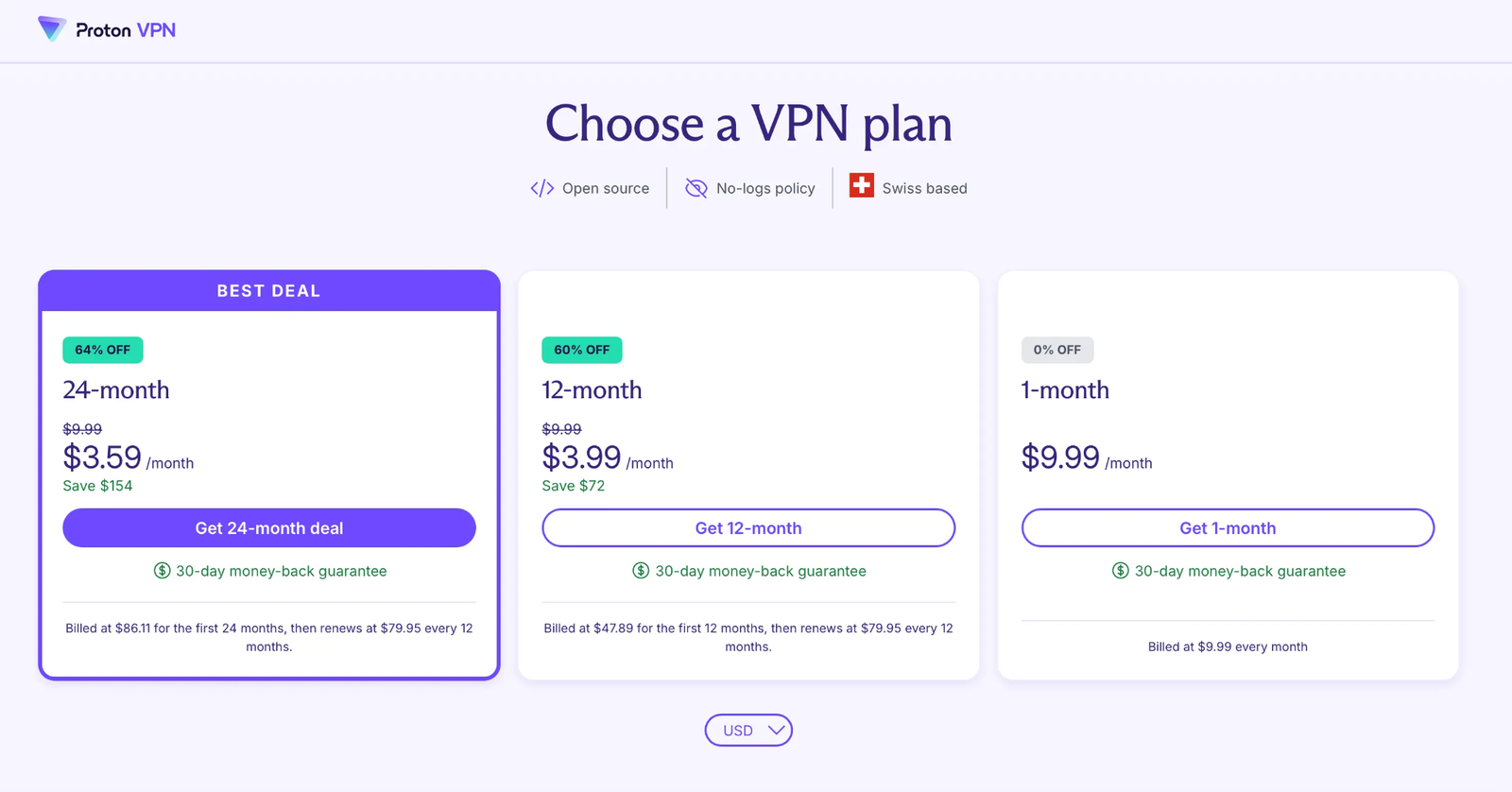
It’s not the cheapest VPN on the market — and that’s okay. You’re paying for a level of trust and quality that free or low-cost services simply can’t offer.
📝 Pro tip: If you’re serious, go for the 2-year plan — it gives you the best deal long-term, and Proton VPN has a 30-day money-back guarantee.
My Final Verdict After a Year of Testing
I’ve tested dozens of VPNs across platforms, protocols, and regions. Some are great on paper, others on performance, and very few check all the boxes.
Proton VPN is one of those rare services that keeps growing without selling out.
What I love on Proton VPN
- The massive server expansion over the past year
- Consistent high-speed performance, even during global peak hours
- Secure Core genuinely enhances privacy
- Trustworthy Swiss-based company with no-logs policy
- Servers even in unexpected countries where others fake it
What could be better:
- Slight delay in server switching on the desktop app
- Limited number of countries offering dedicated IP addresses
- More regional expansion in Africa and Central Asia would be welcome
But overall? Proton VPN has earned its spot in my daily toolkit. Whether I’m working, traveling, or just watching something geo-blocked, it’s the service I reach for first.
Bottom Line: Proton VPN in 2025 Is the Real Deal
Proton VPN doesn’t try to be everything for everyone. Instead, it focuses on doing one thing incredibly well: providing secure, high-speed, reliable VPN access across the globe — backed by transparency, open-source ethics, and rock-solid infrastructure.
And in a world full of copy-paste VPN brands and rented cloud nodes? That makes all the difference.
🔗 Try Proton VPN Plus – 30 Days Risk-Free
👉 Get Proton VPN and experience what a real premium VPN feels like.
FAQ
What is the current number of Proton VPN servers in 2025?
Proton VPN operates over 13,600 physical servers across more than 122 countries as of mid-2025. This includes specialized Plus servers for high-speed tasks and Secure Core servers for enhanced privacy routing.
What are Proton VPN’s “Secure Core” servers?
Secure Core servers route your internet traffic through privacy-friendly countries like Switzerland or Iceland before reaching the final destination. This adds an extra layer of anonymity, especially useful in high-risk regions.
How fast is Proton VPN compared to other top VPNs?
Proton VPN ranks in the top 5 globally in terms of real-world speed. Many Plus servers offer 10 Gbps capacity, and in my tests, I often reached speeds of 700–850 Mbps using WireGuard in major locations.
Is Proton VPN good for streaming and torrenting?
Yes. Proton VPN unblocks Netflix, Hulu, Prime Video, BBC iPlayer, and more. It also supports P2P traffic on designated servers, without speed throttling or logging.
Which Proton VPN plan includes full server access?
The Plus plan gives you access to all features: Plus servers, Secure Core, NetShield ad-blocking, Tor over VPN, and up to 10 devices per account. It’s the recommended plan for full performance and privacy.







